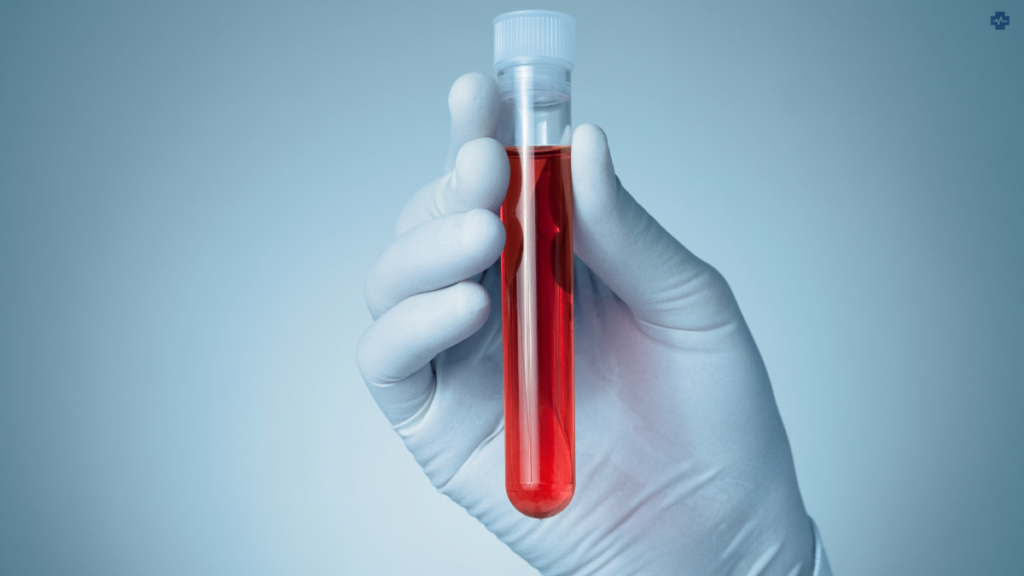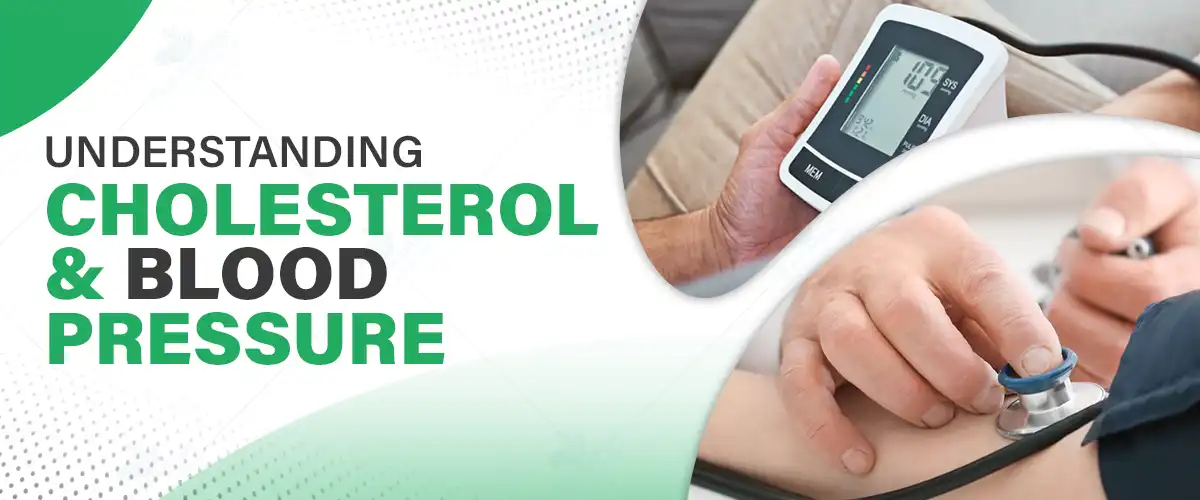Blood tests are among the most common and informative medical tools. A simple sample of your blood can provide a wealth of information about your overall health, detect early signs of disease, and help monitor ongoing conditions.
Understanding what blood tests measure and what the results mean can empower you to make informed health decisions.
1. Complete Blood Count (CBC)
A CBC measures different components of your blood, including:
-
Red Blood Cells (RBCs): Carry oxygen. Low levels may indicate anemia.
-
White Blood Cells (WBCs): Fight infection. High or low counts can signal infections, inflammation, or immune disorders.
-
Hemoglobin and Hematocrit: Related to oxygen transport and blood volume.
-
Platelets: Help with blood clotting. Abnormal levels can cause bleeding or clotting problems.
2. Blood Glucose Test
This test measures your blood sugar levels, helping diagnose diabetes or prediabetes. Managing blood sugar is crucial for preventing complications like nerve damage and heart disease.
3. Lipid Profile
Measures cholesterol and fats in your blood, including:
-
LDL (bad cholesterol)
-
HDL (good cholesterol)
-
Total cholesterol
-
Triglycerides
High levels may increase the risk of heart disease and stroke.
4. Liver Function Tests
Assess enzymes and proteins that indicate how well your liver is working. Abnormal results may suggest liver disease, infections, or damage from medications or alcohol.
5. Kidney Function Tests
Measure substances like creatinine and blood urea nitrogen (BUN) to evaluate how well your kidneys filter waste. Poor kidney function can signal chronic kidney disease or dehydration.
6. Thyroid Function Tests
Check hormone levels to assess thyroid gland activity. Imbalances can cause fatigue, weight changes, and mood disturbances.
7. Electrolyte Panel
Measures essential minerals like sodium, potassium, calcium, and magnesium. These regulate nerve and muscle function, hydration, and acid-base balance.
8. Vitamin and Mineral Levels
Tests can check for deficiencies in vitamins such as vitamin D or B12, which are important for bone health, nerve function, and energy.
Why Blood Tests Matter
-
Early Detection: Catch health issues before symptoms arise.
-
Monitoring: Track the progress of chronic conditions.
-
Treatment Decisions: Help doctors adjust medications or therapies.
-
Peace of Mind: Confirm your good health.
Tips for Blood Testing
-
Follow any fasting or preparation instructions.
-
Inform your healthcare provider about medications and supplements.
-
Ask for explanations of your results.
-
Keep a record of your test results for future reference.
Conclusion
Blood tests are powerful tools that offer a window into your body's inner workings. Understanding their results can guide you toward better health, timely treatment, and preventive care.





Comments (0)
Leave a Comment
No comments yet. Be the first to share your thoughts!